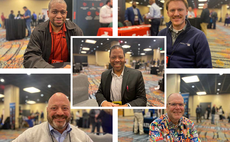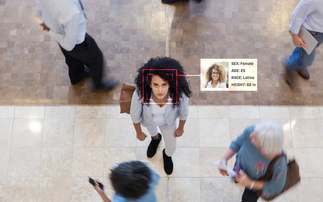DeCesare predicts hardware-assisted security future for the endpoint
McAfee's co-President Michael DeCesare has described Intel's 2011 acquisition of the company as "one of the most profound things to hit IT" as he outlined a future in which hardware-assisted securi...
To continue reading this article...
Join Computing
- Unlimited access to real-time news, analysis and opinion from the technology industry
- Receive important and breaking news in our daily newsletter
- Be the first to hear about our events and awards programmes
- Join live member only interviews with IT leaders at the ‘IT Lounge’; your chance to ask your burning tech questions and have them answered
- Access to the Computing Delta hub providing market intelligence and research
- Receive our members-only newsletter with exclusive opinion pieces from senior IT Leaders






















